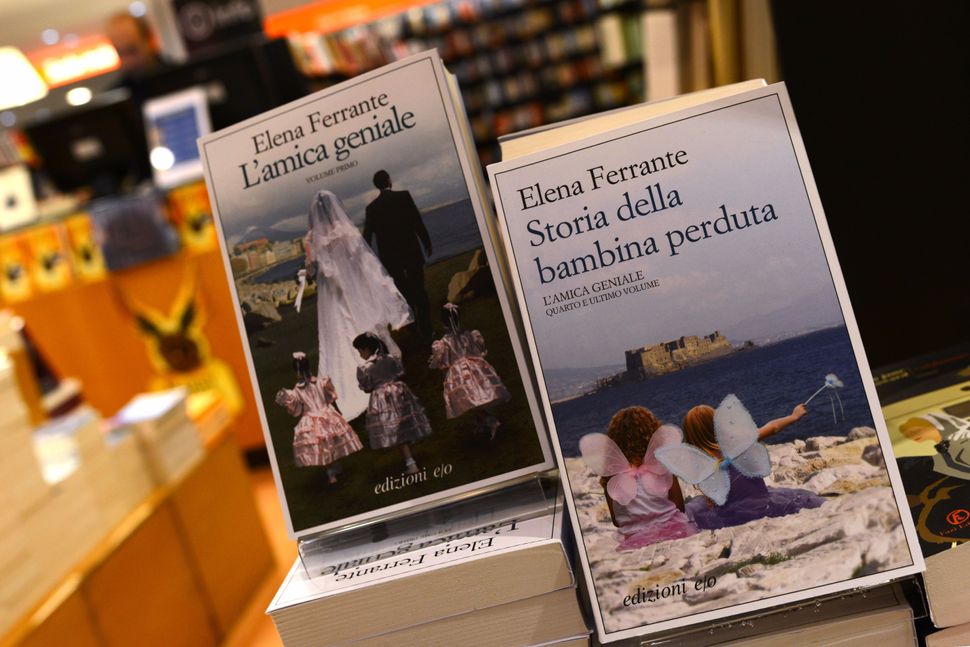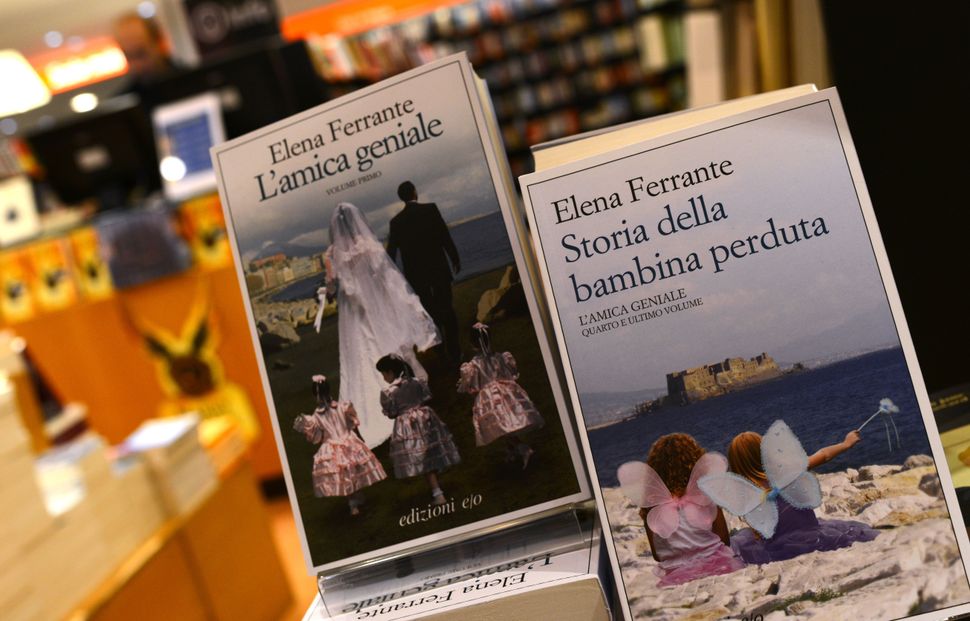Out of a stereotype of beauty, Elena Ferrante has created something beautiful
Halfway through Elena Ferrante’s new novel, “The Lying Life of Adults,” the narrator, a teenage girl named Giovanna, runs into a priest. Don Giacomo has fallen into disfavor at his church. Previously buoyant, his skin has turned sallow, and a mysterious, violet rash is creeping over one of his hands. Giovanna, ever curious, asks Giacomo…






















